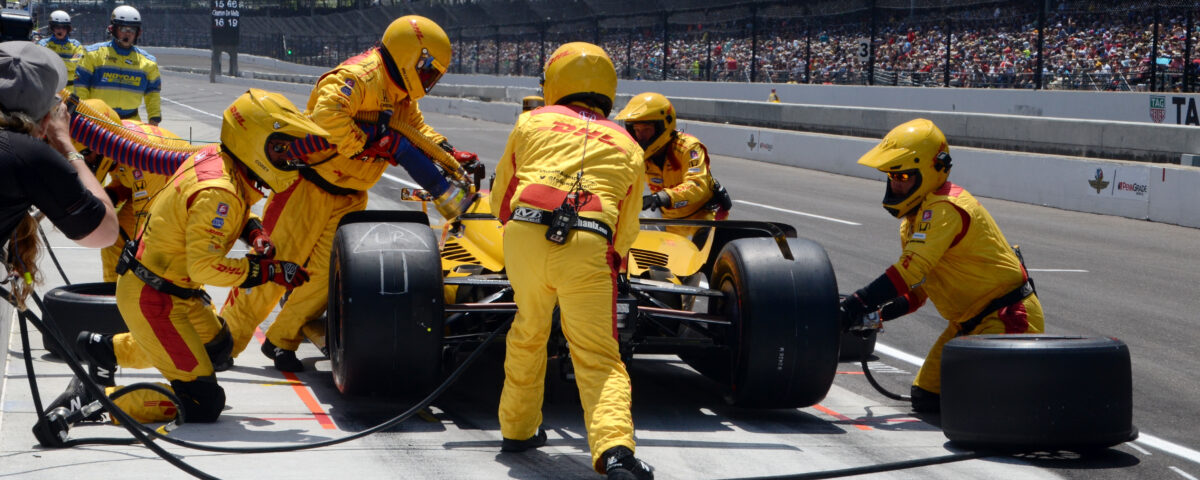
“How can I get my team to work together?”
October 10, 2022
“How can I get a life?”
December 3, 2022“How can I create better accountability within my team?”

Among the most frequently asked questions I hear from companies regarding effective leadership and management is, “How can I create better accountability within my team?” In other words, how can you get your team members to take individual ownership of results that depend on their role in order to improve your team’s performance?
As I discussed in my previous blog, ensuring that everyone on your team clearly understands their role is essential to getting your team members to work well together. But getting your team to execute at a high level requires an additional focus on individual accountability. To create a stronger sense of accountability among your team members, consider these questions:
- Do we have a strategy with clear and measurable goals that are aligned with our vision?
- Does each team member clearly understand their responsibilities that support these goals?
- Are my team members empowered to execute their responsibilities?
- Have I established a cadence to review progress and promote accountability?
Develop a strategy with clear goals that are aligned with your vision
Accountability starts with your strategy. One of my favorite definitions of strategy is simply “the integration of ends, ways, and means.” With your vision (end) in mind, think about the operational goals you’ll need to accomplish (ways) and the resources you’ll need (means) to achieve your vision. Then make sure your goals are “SMART” – specific, measurable, achievable, relevant, and timely.
Ensure everyone understands their responsibilities that support your goals
Once you’ve identified clear operational goals, determine “who does what when” in order to achieve each goal. You may want to create a matrix to help your team visualize and track them. For example, you could list the operational goals in the first column of a spreadsheet and then create four additional columns for quarterly milestones, ensuring that someone on your team is accountable for each milestone. Most importantly, ensure every team member understands how their individual responsibilities support each goal.
Empower team members to execute their responsibilities
Empowering your team members is the key to generating ownership, which is the foundation for accountability. In order for your team members to have a sense of ownership, they’ll need to feel trusted and supported. Once it’s clear “what” they need to do when, trust them to figure out the “how.” Also, make sure they have the resources they need (time, people, budget, etc.) to execute the goals they own.
Establish a cadence to review progress and promote accountability
Karl Pearson, one of the leading founders of the modern field of statistics, is credited with developing Pearson’s Law: “That which is measured improves. That which is measured and reported improves exponentially.” To promote individual accountability and generate continuous improvement on your team, get your team members together regularly to review measurable progress toward your goals in a constructive, team-oriented manner. Debrief progress gaps for each goal, as well as any barriers that may exist. Then discuss ways that you can help close gaps and remove barriers for your team.
In summary, high-performing teams work together in a way where the whole is greater than the sum of its parts – like a finely tuned engine firing on all cylinders. Critical to achieving this synergy is ensuring each of your team members knows your goals, owns their role, is empowered to execute, and feels accountable for your team’s performance.
